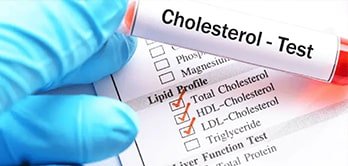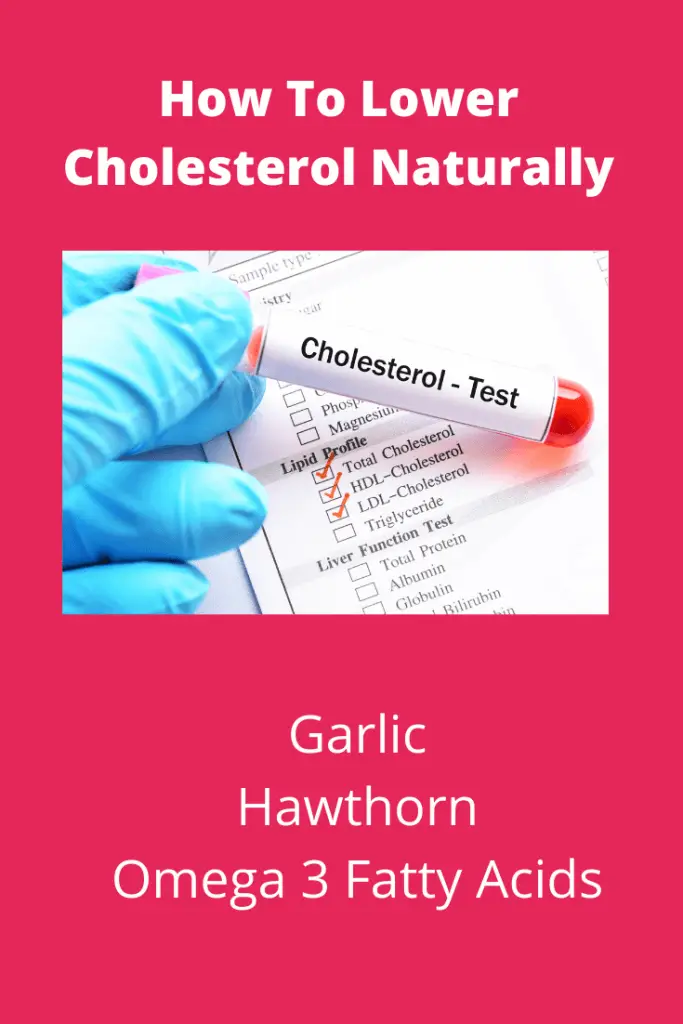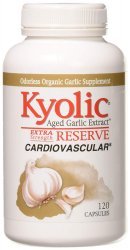What is Cholesterol?
Cholesterol is a waxy substance that is produced naturally in all parts of the body and your body needs cholesterol to function normally.
Cholesterol is there in cell walls or membranes, including the brain, nerves, muscle, skin, liver, intestines, the heart, and everywhere else in the body.
Your body uses cholesterol to produce many hormones, vitamin D, and the bile acids that help to digest fat. It takes only a small amount of cholesterol in the blood to meet these needs.
What Happens if You Have Too Much Cholesterol?
However, if you have too much cholesterol in your bloodstream, it can lead to atherosclerosis, a condition in which fat and cholesterol are deposited in the walls of the arteries in many parts of the body, including the coronary arteries feeding the heart.
In time, narrowing of the coronary arteries by atherosclerosis can produce the signs and symptoms of heart disease, including angina and heart attack.
Most people are actually unaware of the relationship between cholesterol levels and health. Others simply find it hard to get rid of bad habits that lead to high cholesterol or they ignore the importance of lower cholesterol.
Most people continue with their unhealthy cholesterol levels until such time that they would have to bear the consequences. Actually, cholesterol is not unimportant. But it is essential that we maintain lower cholesterol level since high amounts could lead to heart diseases.
Types of Cholesterol?
We need cholesterol. The body needs cholesterol for its various processes. But we have to know that there are two types of cholesterol in the bloodstream-the high density lipoprotein (HDL) and low density lipoprotein (LDL).
HDL and LDL perform opposing functions in the body. HDL cholesterol decreases the risk for heart diseases by cleaning the fat and cholesterol deposits in the arterial walls.
In contrast, LDL cholesterol deposits fats in the walls of the arteries. Hence, when we are told that we have to lower cholesterol, it refers to LDL cholesterol.
Certainly, problems start to occur when levels of cholesterol tipped in favor of LDL cholesterol. How does LDL cholesterol increase then?
Diets high in saturated fats are the main sources of LDL cholesterol. Saturated fats can be obtained from fatty foods such as beef or lamb.
Fast foods are also high in saturated fats. Knowing that the diet is the main source of LDL cholesterol, it is important that we keep our food intakes in check. Avoiding fatty food sources could be one step in the goal of maintaining lower cholesterol.
Having high cholesterol will lead to high blood pressure on a regular basis. This can lead to serious problems like heart attack, stroke, heart failure or kidney disease. The medical name for persistently high blood pressure is called ‘hypertension’.
Natural Remedies For High Cholesterol
Hawthorn
Hawthorn is a shrub that has leaves, berries, and flowers. Hawthorn has been used for centuries to aid in heart disorders . Hawthorn has been used to aid in congestive heart failure, high cholesterol, and high blood pressure.
In fact, research has shown that Hawthorn has antioxidant properties that are helpful to the body on cellular level. Hawthorn is also beneficial to the mitochondria of the cell. The mitochondria is the driving force of the heart’s cells.
This herb has anti-plaque properties. This is because Hawthorn prevents platelets from sticking together. Research has shown that Hawthorn prevents cholesterol from being made in the liver and it prevents absorption in the intestine.
Dose
Hawthorn is usually standardized to its content of flavonoids (2.2 percent) or oligomeric procyanidins (18.75 percent). The daily dosage as reflected in the literature ranges from 160 to 1,800 mg, but most physicians believe there is greater therapeutic effectiveness with higher dosages (600 to 1,800 mg in two or three divided doses daily).
Side Effects
Side effects associated with Hawthorn therapy are digestive discomfort and dizziness.
If you take high blood pressure medications or medications that decrease your heart rate, be careful because Hawthorn does decrease blood pressure and it decreases your heart rate.
Omega 3 Fatty Acids
The benefits of Omega 3 fatty acids are well known. In fact, the American Heart Association recommends people who have heart disease should take EPA and DHA. These are Omega 3 fatty acids.
In fact, did you know there are two prescriptions of Omega 3 available in the United States? They are named Lovaza and Vascepa.
Omega-3 fatty acids are not made in the body, therefore; these fatty acids must be consumed.
Omega-3 protects the heart by:
- Reducing triglycerides
- Reduces arterial plaques
- Anti-Inflammatory effects
- Lowers systolic and diastolic blood pressure
Garlic
Garlic has been shown to help reduce cholesterol. In the clinical trials, aged garlic performed the best.
Garlic is also anti-inflammatory and anti-bacterial.
Conclusion
High cholesterol levels come from inflammation. Sure there are medicines to treat high cholesterol. However, the meds have terrible side effects for some people.
Listed above, are some natural options for high cholesterol.





Excellent article, thank you Nurse Phyllis!!